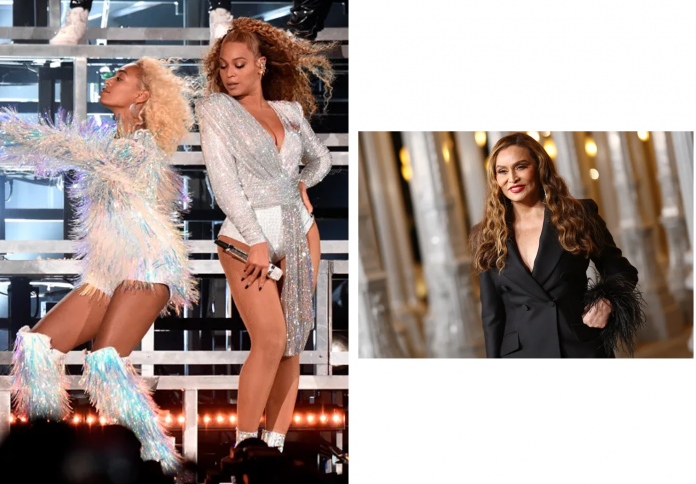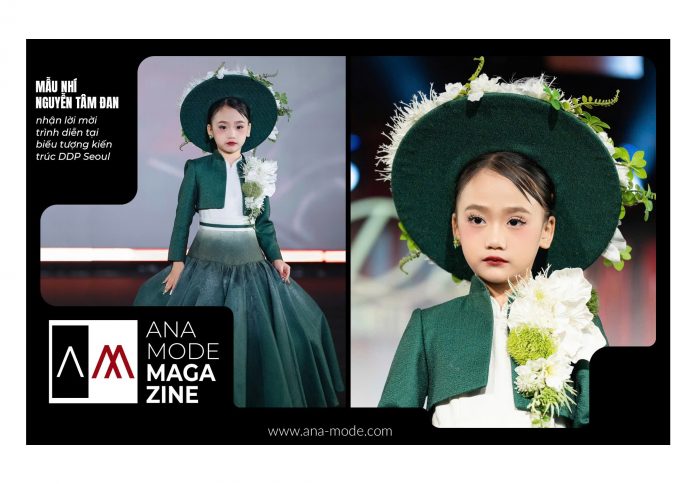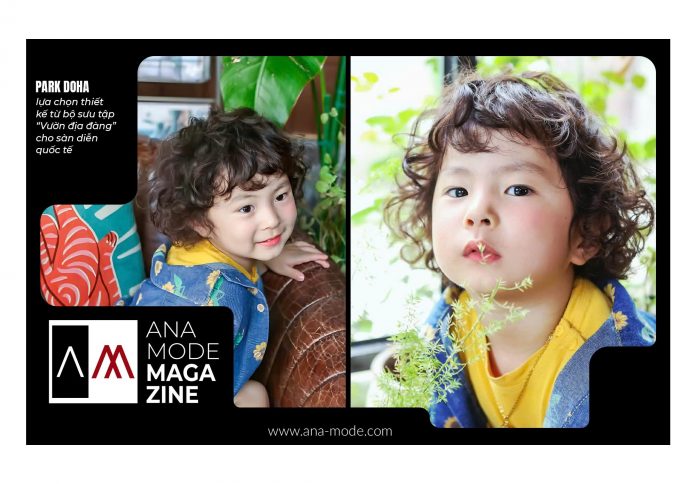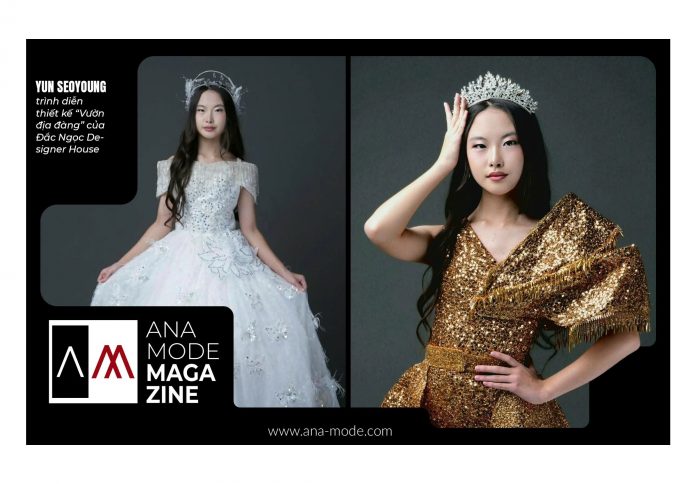Tina Knowles has long been known as the fiercely stylish, creative force behind some of the most iconic looks in music history. But beyond fashion, she’s a matriarch who shaped two global stars—Beyoncé and Solange—through values rooted in resilience, honesty, and self-belief. On tour promoting her new memoir Matriarch, the designer and businesswoman opened up about the lessons from her own upbringing, the parenting choices she made, and what she wants other families to take to heart.
Don’t limit your children
Tina Knowles grew up in a large, boisterous family in Galveston, Texas—the youngest of seven siblings in a segregated Southern town. Though her home was filled with love, the world around her enforced strict rules about how a young Black girl should behave.“Pretty is as pretty does,” her mother would say, a phrase meant to encourage quiet obedience. Knowles was anything but quiet. She was lively, opinionated, and often called “Badass Tenie B”—a nickname that wasn’t meant as a compliment. Looking back, she recognizes these behaviors as symptoms of undiagnosed ADHD. “That wasn’t a thing then,” she reflects.
Her early experiences in Catholic school were especially painful. Teachers labeled her a “bad seed” and made her feel like she didn’t belong. “They thought they were doing the best thing,” Knowles said, “but it hurt terribly.” Despite running home to share her distress, her mother rarely intervened—something Knowles only understood much later, realizing how hard her mom was working to keep her kids enrolled in a good school.
That early pain made an impression. “Labels can affect children for a lifetime,” she says. Even now, at 71, she admits she still hears the voice in her head telling her not to take up too much space. That’s why, when it came to her own daughters, Knowles took a different approach. “Advocate for your kids,” she urges. “Make sure they hear messages that they can do anything and that they do belong wherever they want to be.”
Pay attention to how you treat yourself
Knowles credits her own mother, Agnéz Beyincé, with teaching her the importance of self-respect—even in subtle ways. Though they were poor, her mother made sure her children were always the best-dressed in town, hand-sewing outfits that gave them pride and dignity. “As poor as we were, we were always the sharpest kids,” Knowles remembers. “I think it helped us not to know how poor we were.”
That early pride in presentation became foundational for Knowles, who would later design the iconic costumes for Destiny’s Child. She passed down not just a love of fashion, but also the importance of effort and resourcefulness to her daughters. “They don’t sew like I sew,” she jokes, “but they can put on a button and take a dart in.”
More importantly, Knowles believes that how a parent treats themselves—how they carry themselves, take care of their appearance, and prioritize their own well-being—sends a message to their children. She watched her own mother live with constant fear for her kids in the Jim Crow South, but also with resilience and pride. That legacy shaped her own fierce sense of self, and it’s one she hopes other mothers continue to model.
Work against sibling rivalry
Raising two incredibly talented daughters with very different personalities came with its own set of challenges. Knowles says she recognized early on that Beyoncé had found her life’s calling the moment she saw her onstage. But she also knew how easily a child’s passion could overshadow a sibling’s identity.“I was terrified when Beyoncé turned around 10,” she says. “I worried the music industry would create a wedge between them.”
Indeed, tension began to surface. Solange, younger and naturally assertive, often tried to contribute ideas to Beyoncé’s girl group. “She would try to choreograph them,” Knowles recalls. “She’s bossy, and she wanted to be involved.” But when the older girls repeatedly told Solange to be quiet—and Beyoncé allowed it—Knowles sensed a rift forming.
Rather than ignore it, she took action. “I got them in therapy,” she says. Though some in her community saw therapy as unnecessary or even risky, she knew it was the right step. The result? A bond that remains unshakable. “They are now as close as they can be. No wedge will come between them.”
Knowles encourages all parents to intervene early if they sense unhealthy sibling rivalry. Emotional wounds between siblings, she says, don’t heal on their own—they need care, communication, and sometimes, professional help.
Put your health first
In recent months, Knowles made headlines not for her fashion or her famous daughters, but for revealing that she had been diagnosed with breast cancer. It wasn’t easy to share such personal news, but she chose to speak up in hopes of helping others.
“You get busy doing everything for everyone else,” she says. “And everything else takes priority over your health.” Knowles says this is especially true for women, who often ignore symptoms or skip checkups to keep up with responsibilities. By going public, she hopes to urge others—especially those who’ve fallen behind on their screenings—to take their health seriously. “I want women to take a minute and say, ‘I’m gonna go.’”
Her message is one of self-care not just for survival, but as an act of love—for yourself, and for those who depend on you.
Tina Knowles’s story isn’t just one of raising two iconic artists—it’s the story of a woman who fought against limiting expectations, broke generational cycles, and instilled strength and creativity into her family. With honesty and warmth, she reminds us that parenting isn’t about being perfect—it’s about being present, protective, and unafraid to rewrite the rules.Her memoir, Matriarch, is not only a reflection on motherhood, but a guide for how to raise children with dignity, courage, and the belief that they belong in every room they walk into.










